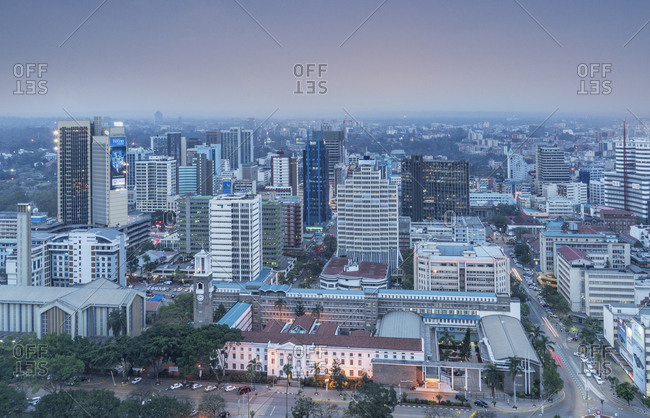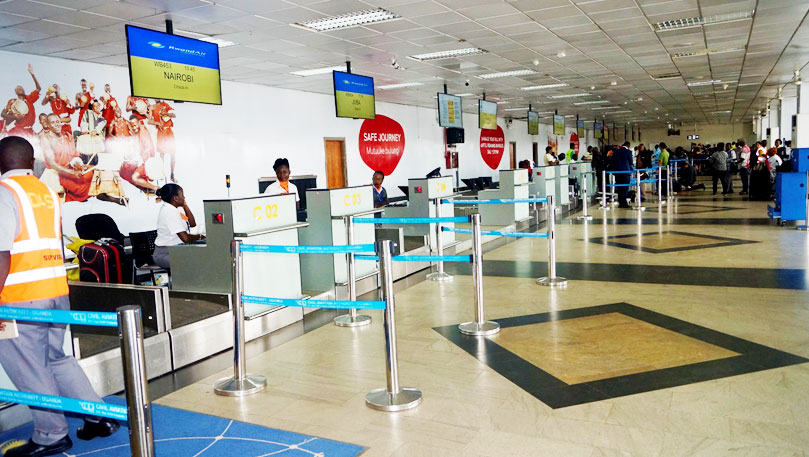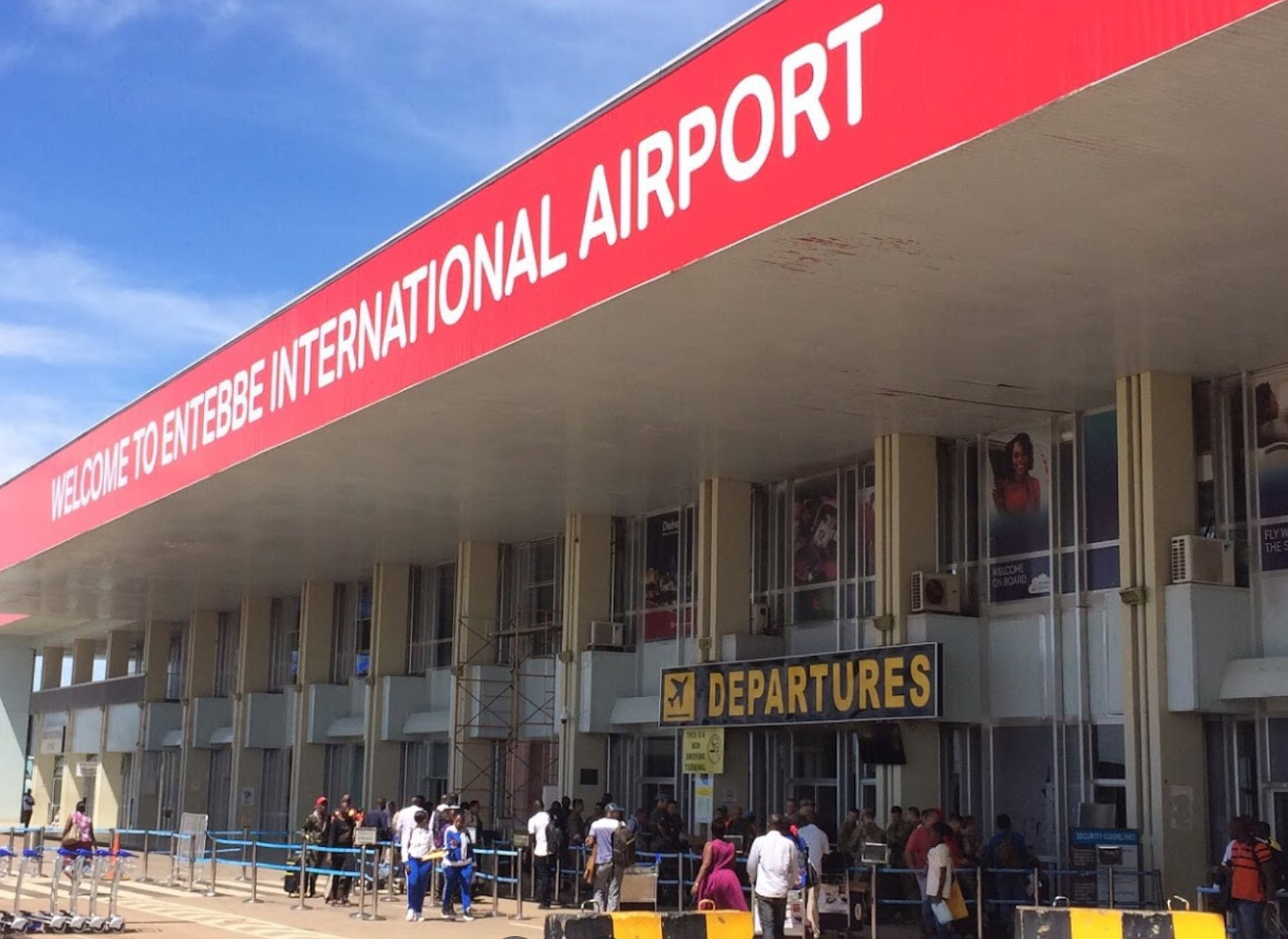The Kenyan Immigrations Directorate introduced an electronic travel authorization (eTA) system in a recent announcement, creating confusion among Ugandans accustomed to traveling to Kenya. The director general of the Kenya State Department of Immigration and Citizen Services, Mr. Evelyn Cheluget, signed the statement outlining the eTA’s implementation, clarifying that citizens from East African Community (EAC) states, including Uganda, are exempted from application fees for the initial six months.
The eTA system, replacing the traditional visa system in Kenya, mandates travelers to apply online at least three days before their planned visit. Each application incurs a fee of US$30 (Shs114,000) per visitor. The implementation began on January 1, 2024, covering all foreigners except those specifically exempted.
Ugandans residing in Kenya expressed uncertainty regarding the duration of their exemption. William Kidima, a leader of Ugandan traders in Mombasa, conveyed that the Kenyan authorities had informed them of six months of free operation in Kenya, but details regarding post-exemption procedures remained unclear.
Efforts to seek clarification from Kenya’s Interior Ministry officials, including Permanent Secretary Mr. Julius Bitok and communications officer Mr. Nixon Ng’ang’a, proved unsuccessful as messages sent by this publication remained unanswered.
Whether Ugandans will be subject to the US$30 application fee after the initial six-month exemption remains uncertain. Historically, Ugandans traveled to Kenya visa-free, benefitting from the East African Community treaties allowing citizens of partner states to move freely within the community without visa charges.
The eTA system introduces a requirement for travelers to reapply each time they exit Kenya. This entails a waiting period of three days for application processing. Visitors may also need to share financial details demonstrating their ability to sustain themselves during their stay. Medical visits may necessitate a referral letter, while business and family visits may require an invitation letter from a company or host family. Details of accommodation bookings in Kenya may also be requested.
According to Mr. William Busuulwa, the chairman of the Uganda National Transport Alliance, there is uncertainty among Ugandan operators regarding the new system, as many lack computer skills required for the application process. Efforts to obtain clarity from both Kenyan and Ugandan officials have not yielded a clear picture.
Despite attempts to seek clarification from Uganda’s Ministry of Foreign Affairs, telephone calls to State Minister for Regional Affairs John Mulumba went unanswered, and attempts to contact Ms. Rebecca Kadaga, the Minister for East African Affairs and the First Deputy Prime Minister, were unsuccessful as her mobile phones were switched off.
Approximately 150,000 Ugandans visit Kenya annually, highlighting the significance of resolving the confusion surrounding the new travel requirements.




















